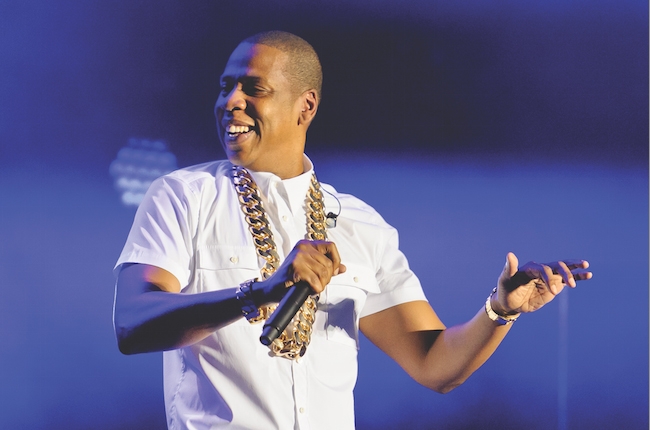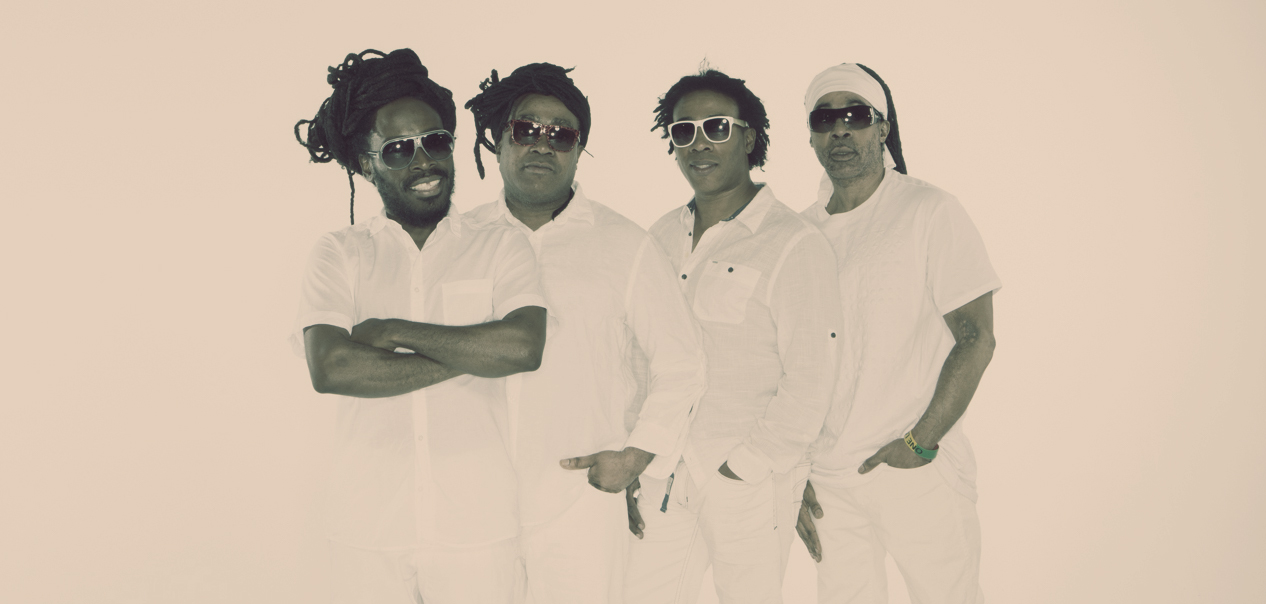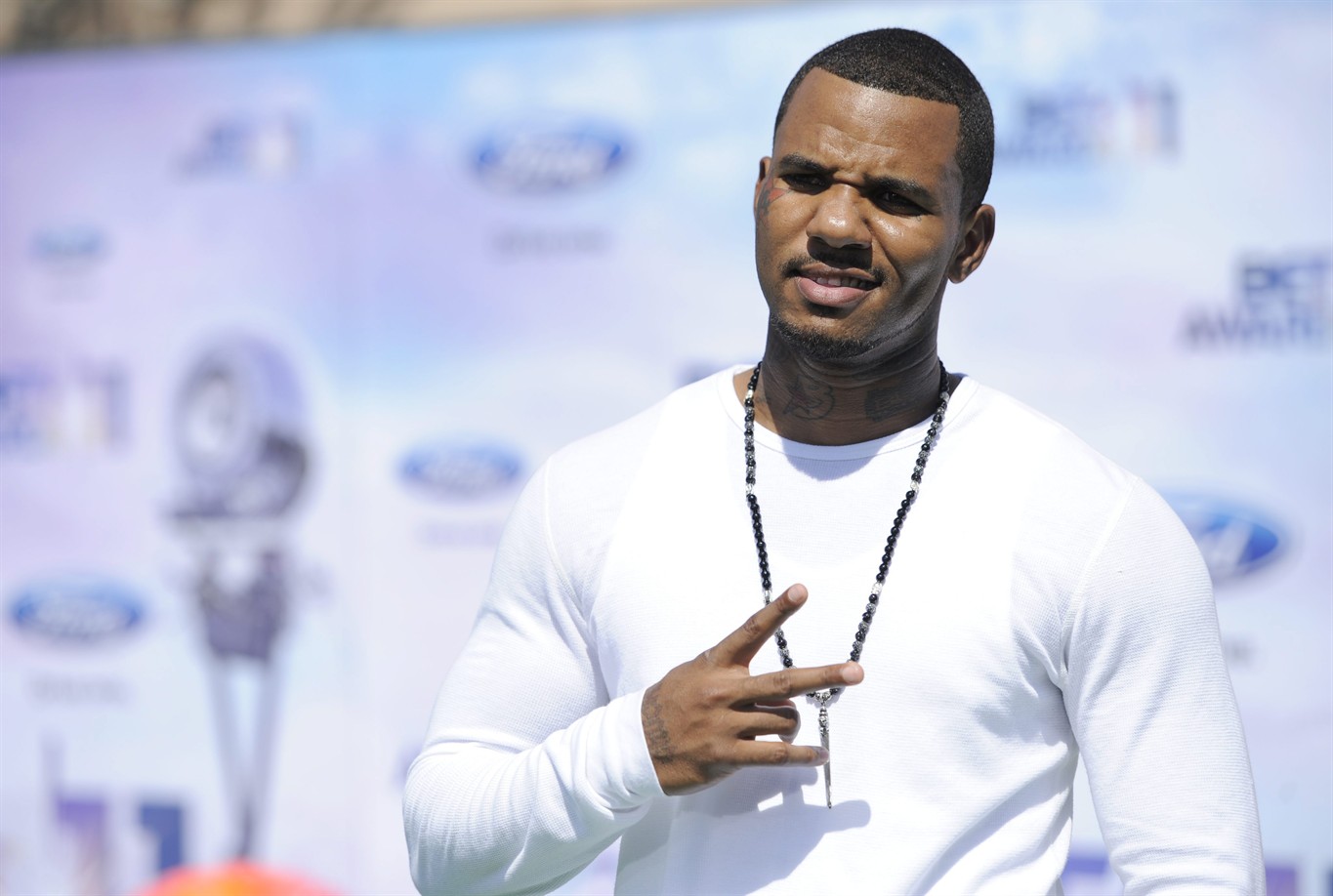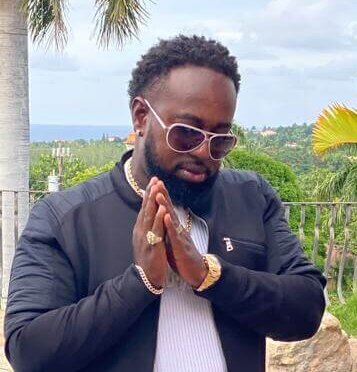Judge dismisses copyright infringement case against Jay Z over 1999 rap hit ‘Big Pimpin”
By Anthony McCartney
THE ASSOCIATED PRESS
LOS ANGELES _ A judge on Wednesday dismissed a copyright infringement case against rapper Jay Z over his 1999 hit “Big Pimpin”’ before the case was sent to a jury.
U.S. District Judge Christina A. Snyder ruled the heir of an Egyptian composer did not have the right to pursue a copyright infringement claim. She did not explain her decision in detail, but told jurors she tossed out the case after hearing testimony from experts on Egyptian law.
The nephew of Baligh Hamdi, an Egyptian composer whose 1957 song “Khosara Khosara” is partially used in “Big Pimpin’,” sued Jay Z, producer Timbaland and several media companies in 2007. Flute notes that Hamdi composed are repeated throughout the Jay Z song, and nephew Osama Ahmed Fahmy claimed they exploited “Khosara Khosara” without proper permission.
“We think it’s completely wrong, and we’ll appeal,” Fahmy’s attorney, Pete Ross, said after the ruling.
The abrupt end to the case came after the rapper and Timbaland testified about creating the rap hit and their belief that they had valid rights to use the Egyptian song. It is rare for copyright cases involving major media properties such as films or music to reach the trial stage. Wednesday’s ruling avoided a repeat of a trial earlier this year when jurors awarded Marvin Gaye’s children millions of dollars after finding the 2013 hit “Blurred Lines” infringed one of their father’s hits.
Timbaland paid $100,000 in 2001 to settle a claim about usage of Hamdi’s song, which was written for a 1957 film, and testified that he believed he could use it.
His attorney, Christine Lepera, praised the ruling, saying the hit-making producer maintained throughout the eight-year case that he didn’t infringe on any copyrights to create the music for the rap song.
Jay Z, whose real name is Shawn Carter, also said he thought he had a valid license to use the flute notes for the song that became his first major hit single.
“My client is pleased with and gratified by the decision,” Jay Z‘s attorney Andrew Bart said.
Jurors heard from witnesses who described contracts and copyright laws in both the United States and Egypt and music experts who offered dueling interpretations of how important the “Khosara Khosara” flute notes are to “Big Pimpin’.”
The notes are repeated throughout the song, which is a raunchy ode to a promiscuous lifestyle.
Carter himself noted “Khosara Khosara” was credited on at least one of his CDs that Fahmy’s attorney showed jurors.
“We have the rights as you can see on the bottom of the CD,” Carter testified last week.
Ross has said the rap’s lyrics are at odds with the love ballad that Hamdi composed, but Carter’s lyrics were not an issue in the case. Jurors heard the beginning of “Big Pimpin”’ several times and saw a snippet of the music video, but the song was not played in its entirety during the trial.
The rapper performed at a New York concert to benefit his Tidal music streaming service Tuesday night, but did not perform “Big Pimpin’.”
“For all of the drama expected to unfold in the courtroom, to have the court decide that the case should have never advanced beyond the courthouse steps is anticlimactic,” said James Sammataro, a media lawyer with the firm Stroock & Stroock & Lavan. “In Jay-Z‘s words: ‘Grand opening. Grand closing.”’
He said Snyder’s ruling likely will limit the scope of an appeal.
It is the second time this year that a jury has heard a copyright infringement case involving a major recording artist. In March, jurors awarded Marvin Gaye’s children $7.4 million after finding the 2013 hit “Blurred Lines” by Robin Thicke and Pharrell Williams copied Gaye’s hit “Got to Give It Up.” A judge later trimmed the amount to $5.3 million. The artists’ lawyers are contesting the verdict.
Both cases showed the “music litigation world has become the Wild West these days,” said Glen Rothstein, an intellectual property lawyer with the firm Greenberg Glusker.
While the “Blurred Lines” and “Big Pimpin”’ cases were different and had vastly different results, Rothstein said they were expensive endeavours and likely will lead record companies to seek more licenses for sampled music to avoid having their work tied up in court.
“They’re almost going to self-insure by paying more royalties upfront,” Rothstein said.
___
Anthony McCartney can be reached at
http://twitter.com/mccartneyAP .





